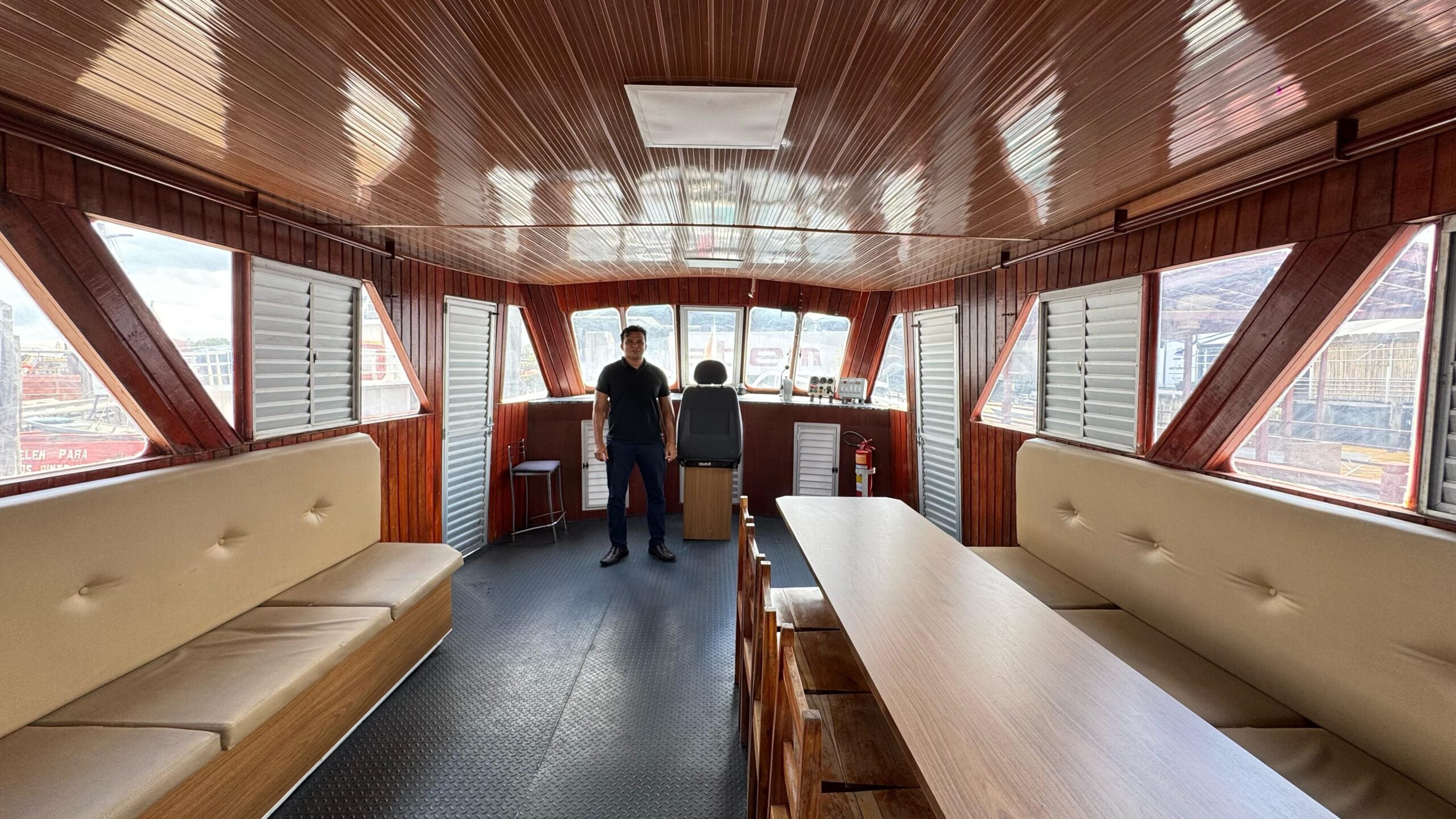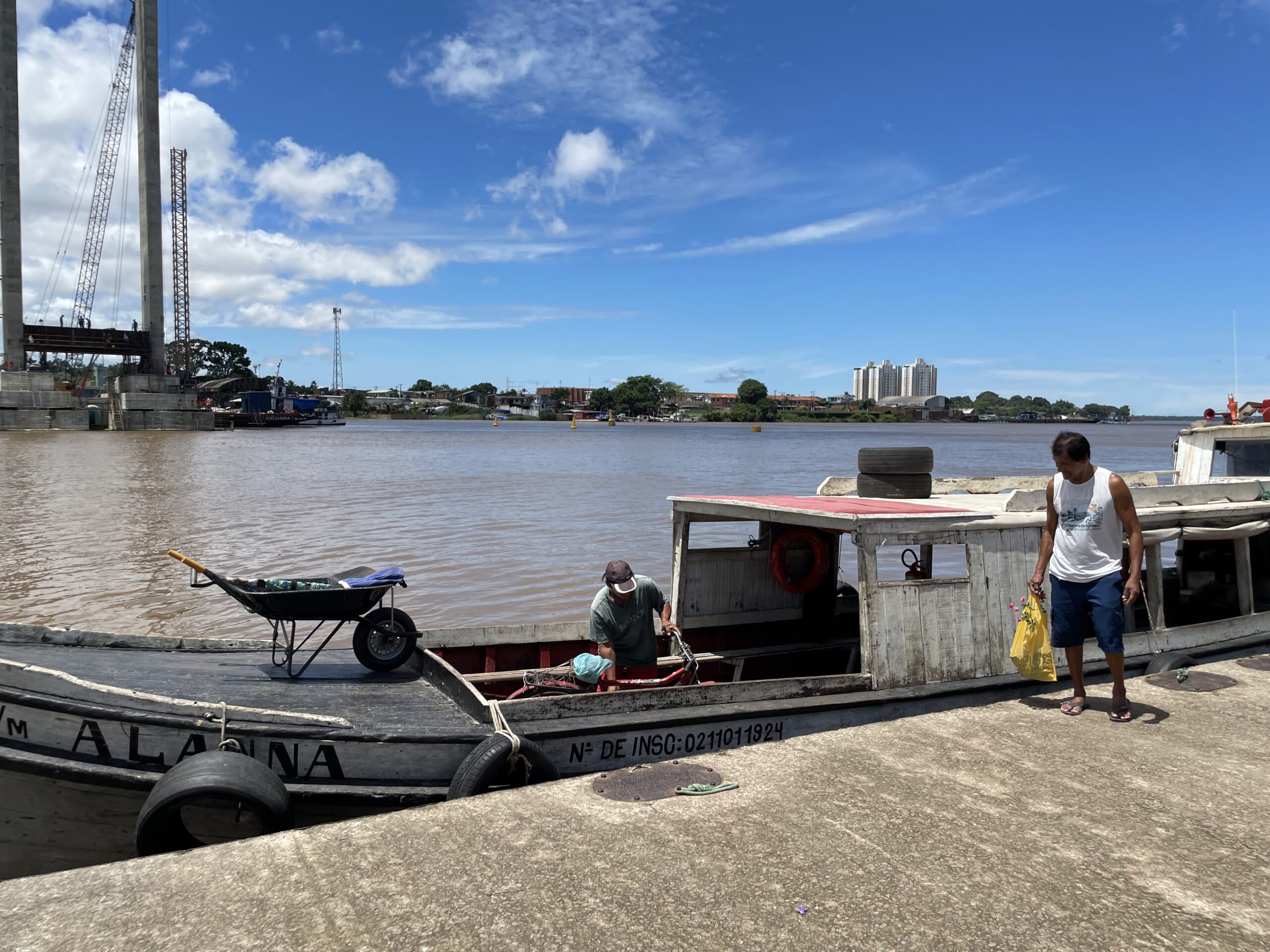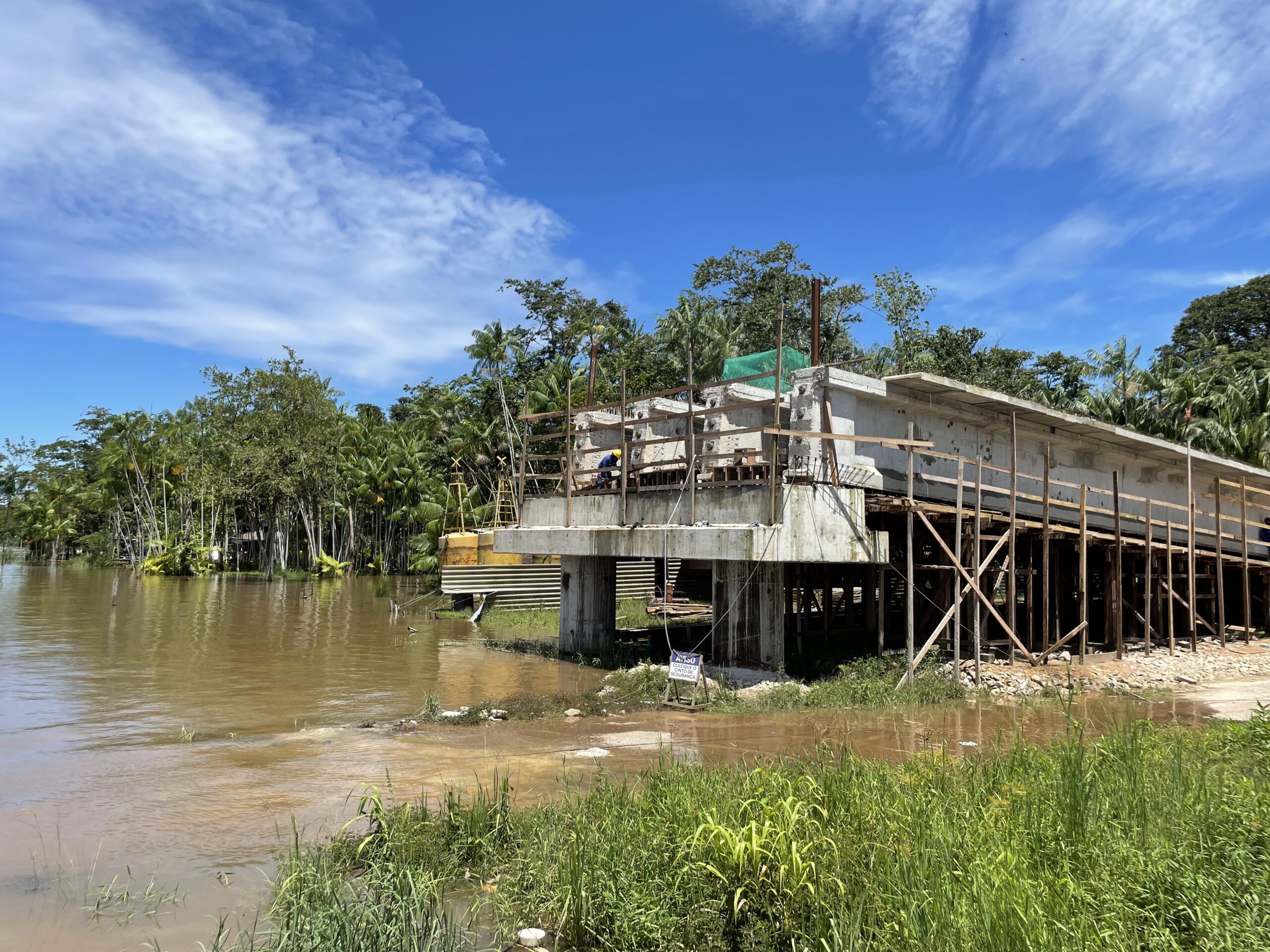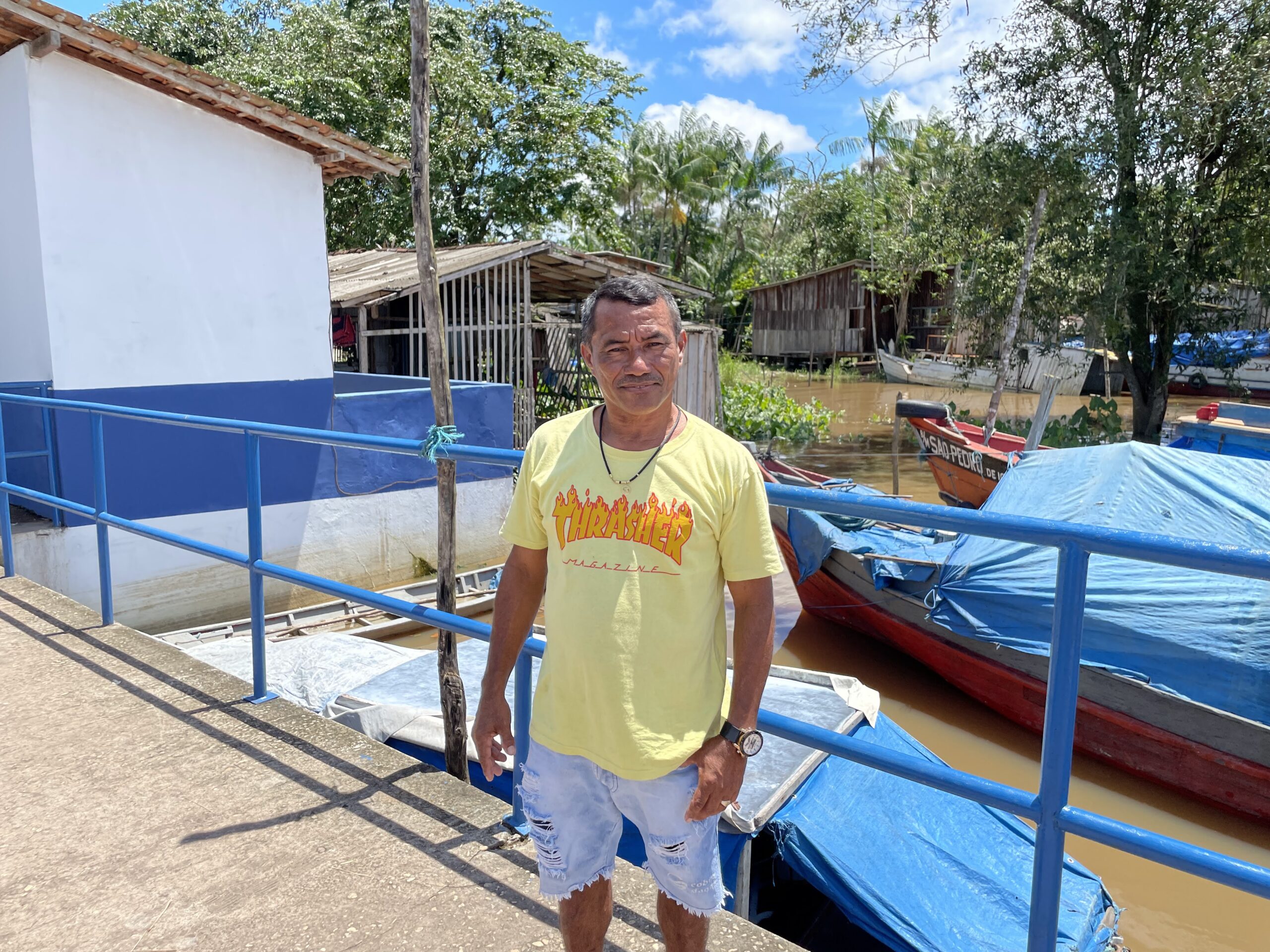COP30 delegates could find themselves sleeping in converted classrooms, cruise ships or even tents as a shortage of hotel beds in the Brazilian host city of Belém forces organisers and locals to come up with creative solutions.
With about 50,000 people expected at November’s UN climate conference, the accommodation crunch has raised questions about the decision to hold it in Belém, a city of 1.3 million people that is not one of Brazil’s biggest tourist destinations.
But COP organisers have pledged to provide at least 24,000 extra beds in the Amazon city, the state capital of Pará, including about 7,300 in public schools and military barracks. The newly built “COP30 Village” will offer 400 suites for heads of state and other leaders – who are due to give their set speeches before the official start of the talks to ease pressure on logistics.
Brazil decides leaders will speak before COP30, easing logistics crunch
An official COP30 accommodation platform is due to launch in the coming weeks, and Pará’s Vice-Governor Hana Ghassan has said that this – along with the additional rooms – should help cool a surge in prices.
Meanwhile, business-minded locals are hoping to cash in on the influx by rolling out options for every budget.
Private listings on short-rental platforms including Airbnb have shot up and entrepreneurs are coming up with some novel solutions – from makeshift floating guesthouses on exclusive yachts to spruced-up love hotels.
“For us, COP30 is not going to be in November. It has already started,” Cleyson Chagas, 43, who operates river tours, told Climate Home.

His company, Lancha Nemo, normally takes tourists on river tours to the islands surrounding the city. But when Chagas saw the need to provide accommodation ahead of the two-week COP, he started to bring in yachts from elsewhere in the Amazon and is already negotiating with four groups of international delegates.
Each vessel can provide up to 10 rooms. For delegations that need more space, he is also offering accommodation on ferry boats, each with between 34 and 50 rooms.
“Everything can be adapted according to the needs of the clients,” he said. “Some clients prefer to close the deal including chefs, cleaning service and other transport, such as vans.”
Brazil’s COP30 president: Climate summits must move from words to real action
Opportunity to tackle pollution?
On laidback Outeiro island, which lies close to the city on the estuary of the Guajará-Açú River, a cargo port will be used to dock two vast cruise ships providing about 4,500 beds for delegates – a plan experts said would require major port works, environmental safeguards and improved transport links to conference venues.
Geologist Aline Meiguins da Silva, a professor and researcher at the Federal University of Pará, said significant dredging would be needed to allow the transatlantic vessels to dock safely.
She urged authorities to take the opportunity to clean up Outeiro’s contaminated beaches and crack down on pollution from boats. “Public authorities need to take care to provide a quality environment for the arrival of cruise ships and to leave a legacy of COP30,” she said.


Six months before the event, some Outeiro residents said they knew little about the conference or what to expect, calling for the government to do more to help them prepare and ensure benefits for local businesses.
“I heard some talk about some works, but I haven’t seen any movement so far,” said Socorro Soares, 54, who runs a restaurant in front of the port, which is mainly used for cargo at present. “Right now we are not prepared,” she said.
The Brazilian government’s COP30 secretariat did not respond to a request for comment on the port preparations.
Comment: Why accusations of Brazilian hypocrisy on climate are ill-judged
Building bridges
Some key infrastructure projects are on track. Work on a bridge that will connect Outeiro with the COP venues in downtown Belém started in January 2024 and is now two-thirds complete, according to the state government.
The bridge, which is a short walk from the port, will dramatically shorten travel times into the city centre and make it easier for locals to access shops and other services in Belém long after the delegates leave.
“Today, we have to cross by boat,” said Eliesio Furtado, 38, as he sold pureed açaí berries at his stall close to the bridge construction site. “With the bridge, everything will be quicker and more convenient.”


Close to conference venues, the state government is overseeing work on the 19,000-square-metre (205,000-square-foot) COP30 Village, the cost of which has not been disclosed.
After the climate conference, the state government plans to use the site to accommodate state secretariats that are currently in rented buildings.
No time for lunch?
In Outeiro, however, some people are sceptical over whether the conference will bring significant or lasting benefits for the local community. “I don’t really know what this COP is going to be about,” said Furtado, the açaí vendor.
“I just know that there’s going to be a lot of movement, but I don’t know if it’s going to involve us here that closely,” he said, suggesting many attendees will head straight from their hotels to the conference venues – without stopping for lunch or a snack.


At the shoreline near the new bridge, Raimundo Maciel, 49, ferries people in his small boat across the water. About 30 families have made a living by providing the service for generations.
Maciel said the bridge was a positive development for the community, but worries about losing his sole income. “It’s going to make it easier for (my son) to get to school more quickly, but for me it’s going to turn my life upside down,” he said.

